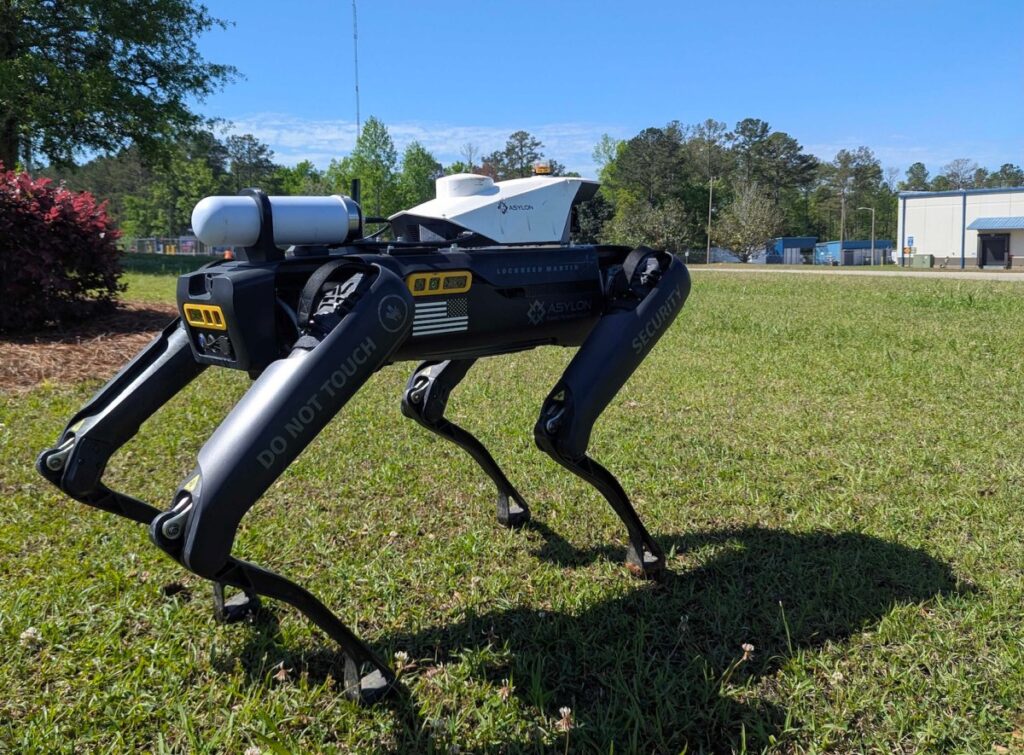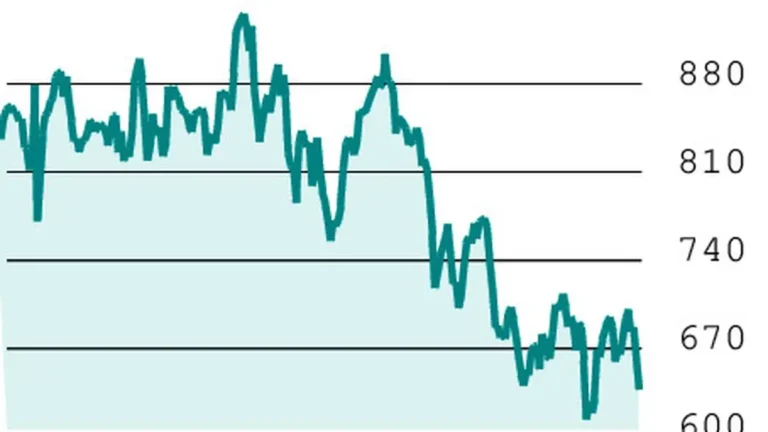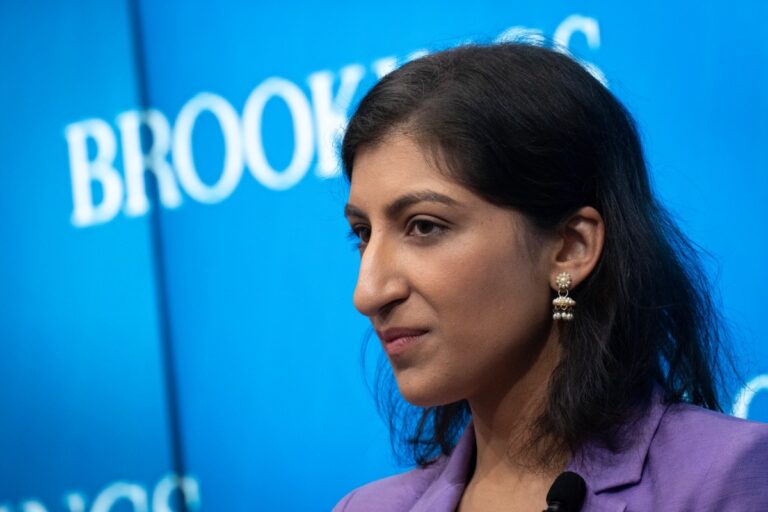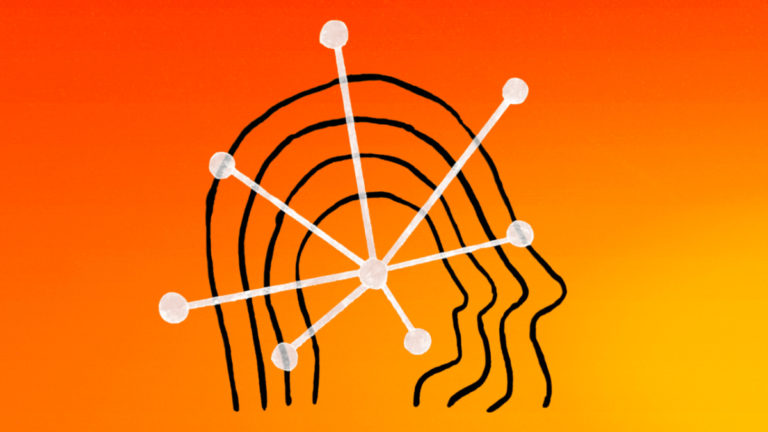Philadelphia-based robotics company Asylon announced Tuesday that it raised a $26 million Series B led by Insight Partners, with participation from Veteran Ventures Capital, Allegion Ventures, and the GoPA Fund.
Asylon began as a drone company for securing facilities. It’s best known for a drone that has a robotic arm that can change its own batteries.
But it also has a robotic guard dog service called DroneDog. Asylon takes the famed Boston Dynamics robot dog Spot and modifies it for guard work and to integrate with its command-and-control Guardian software. Asylon offers the drones, dogs, and software as its robotic security-as-a-service (RaaS).
A site can be secured with ground patrols via robot dogs and flying cameras that cover more areas than stationary cameras. DroneDogs can be sent to places unsafe for humans or real dogs. And they can perform almost dog sniffing-like tasks such as detecting gas leaks or dangerous chemicals.
The company, which was founded in 2015, hasn’t raised much venture capital prior to this compared with other drone and robotics companies. It previously raised about $21 million, plus some government grants, bringing its total raised to about $45 million, founder CEO Damon Henry told TechCrunch.
While Henry described fundraising as hard, after the killing of UnitedHealthcare CEO Brian Thompson in December, companies have increased spending on CEO home and facility security, such as DroneDog. Its RaaS can cost about $100,000 to $150,000 a year — akin to hiring a human bodyguard service.
“I went to an event last summer, a New York Tech Week event, and I happen to have met every investor that’s in the round at that event,” Henry said. When he decided to raise, he already had warm intros with investors who were aware that security spending is rising.
Techcrunch event
San Francisco
|
October 27-29, 2025
Henry and his two cofounders, Adam Mohamed (CTO) and Brent McLaughlin (COO), were dorm roommates at MIT. But unlike the classic Silicon Valley story, they did not drop out. They went to work as aerospace engineers after graduation for companies like GE Aviation, Boeing, and Johns Hopkins Applied Physics Laboratory.
In 2015, the three friends saw Amazon announce its drone delivery service and were inspired. They quit their jobs and founded Asylon. By 2019 they had their first customer: Ford.
And in 2021, the startup almost suffered a swift death. Ford had agreed to let them do a live demo event showing how their drones worked at its facility. A group of Fortune 500 had signed up to see the demo, Henry recalled.
The night before the event, the drone crashed and was destroyed. Henry saw his company flash before his eyes: a ruined reputation. No customers. The end.
A dedicated employee drove all night to deliver another drone, but the founders had precious little time to get it running. Miraculously, they did, and it worked flawlessly during the event.
“The system flew consistently, perfectly all day long,” he said. “It won us our next three customers — Fortune 500 customers. And then the same day simultaneously, we actually won our first DoD contract for the drones.”
The founders have been carefully growing the company ever since. Asylon now employs 65 and has systems deployed in 15 states, he said.















